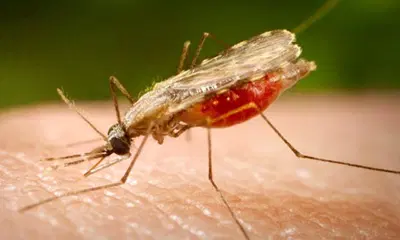Against the background of funding gaps in the fight against malaria which shows that since 2017, the progress has been flat particularly in African countries, experts have called for domestic resource mobilization in order to sustain gains as well as make progress. If this is not done, there are threats that the funding gap will widen.
This is of concern considering several emerging threats including the impact of climate change, among others. As Nigeria joins the global community to mark the World Malaria Day 2025 under the theme “Malaria Ends With Us:
Reinvest, Reimagine, Reignite,” the call to action is urgent. Africa must lead the charge against malaria through renewed investment, bold innovation, and revitalised political will, according to experts. Malaria remains one of the world’s most pressing public health threats.
According to the World Health Organisation (WHO) there were an estimated 263 million malaria cases and 597,000 deaths globally in 2023— an increase of 11 million cases from the previous year.
The WHO African region bore the brunt, with 94 per cent of cases and 95 per cent of deaths. “It is now estimated that a child under the age of five dies roughly every 90 seconds due to malaria.















